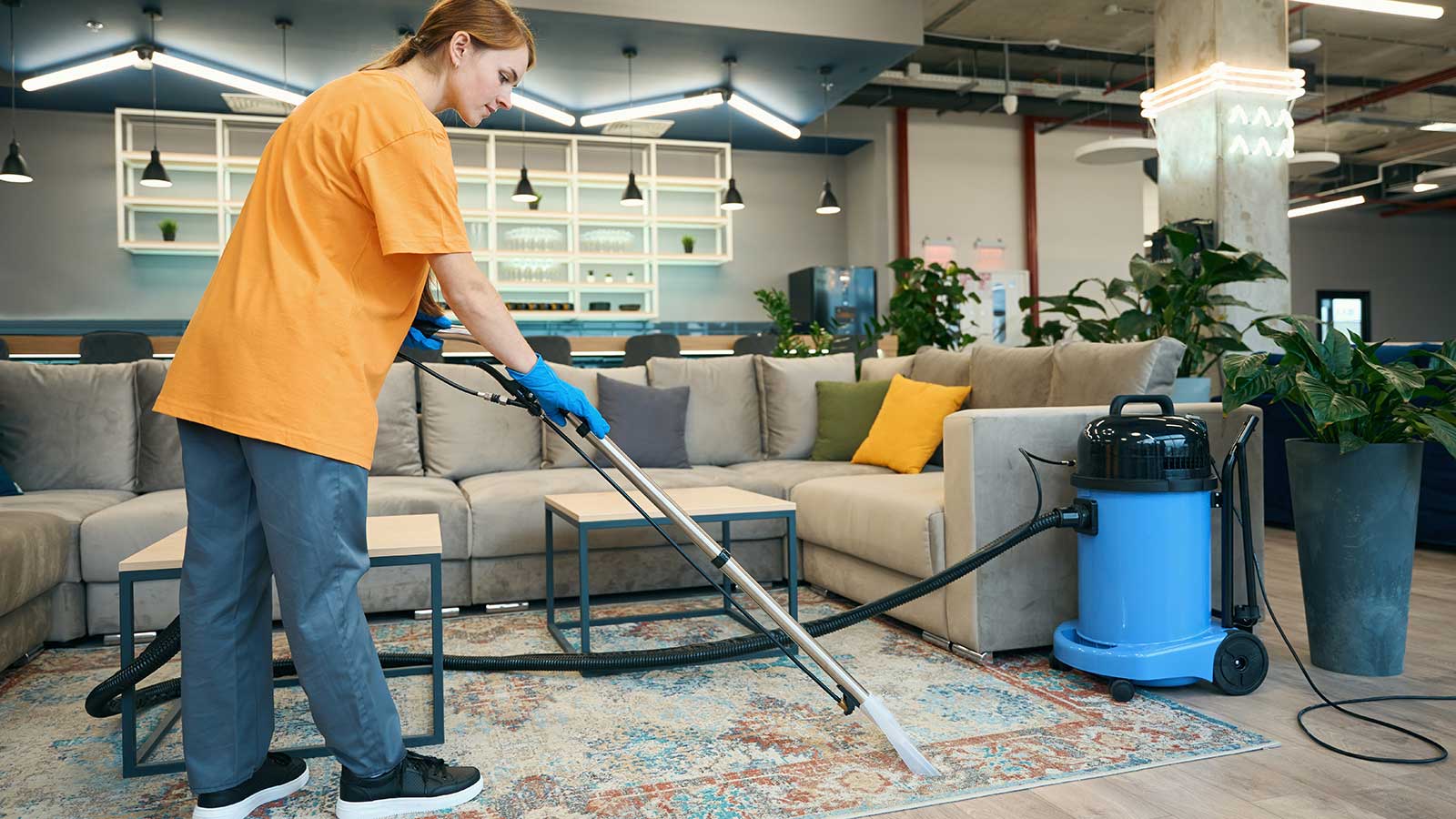
Choosing the right gloves for cleaning: Essential tips
Cleaning can be a tough and messy job, but with the right gloves, it can be much easier and safer.
However, not all gloves are created equal, and choosing the wrong type of glove for a cleaning job can lead to less effectiveness or even injury. In this blog post, we’ll discuss the right gloves for the right cleaning job to help you make the best choice.
- Latex gloves
Latex gloves are a popular choice for cleaning jobs, as they are disposable, inexpensive, and provide good protection against chemicals and bacteria. They are ideal for cleaning bathrooms, kitchens, and other areas where you need to protect your hands from harsh cleaning products. However, latex gloves may not be the best choice for people with latex allergies or sensitivities.
- Nitrile gloves
Nitrile gloves are an excellent alternative to latex gloves for people with latex allergies. They are made of synthetic rubber and are highly resistant to chemicals, punctures, and tears. They provide excellent protection against bacteria and viruses, making them ideal for cleaning jobs that involve handling hazardous waste or biological materials.
- Vinyl gloves
Vinyl gloves are an affordable option for light cleaning jobs. They are less durable than latex or nitrile gloves, but they are still effective for protecting your hands against mild cleaning products and bacteria. However, they are not recommended for cleaning jobs that involve harsh chemicals or biological materials.
- Rubber gloves
Rubber gloves are heavy-duty gloves that provide excellent protection against chemicals, acids, and other harsh substances. They are ideal for cleaning jobs that involve heavy scrubbing, such as cleaning grout or scrubbing floors. Rubber gloves are also highly resistant to punctures and tears, making them a good choice for cleaning jobs that involve sharp objects.
- Cut-resistant gloves
Cut-resistant gloves are designed to protect your hands from cuts and abrasions. They are ideal for cleaning jobs that involve handling sharp objects, such as broken glass or metal. Cut-resistant gloves are made from materials such as Kevlar, which provide excellent protection against cuts and punctures.
In conclusion, choosing the right gloves for the right cleaning job is essential to protect your hands and ensure effectiveness. Latex gloves are a good choice for general cleaning tasks, while nitrile gloves provide excellent protection against hazardous waste and biological materials. Vinyl gloves are suitable for light cleaning jobs, and rubber gloves are ideal for heavy-duty cleaning tasks. Finally, cut-resistant gloves are necessary for handling sharp objects. By choosing the right gloves for the job, you can make your cleaning tasks safer, more effective, and more comfortable.



